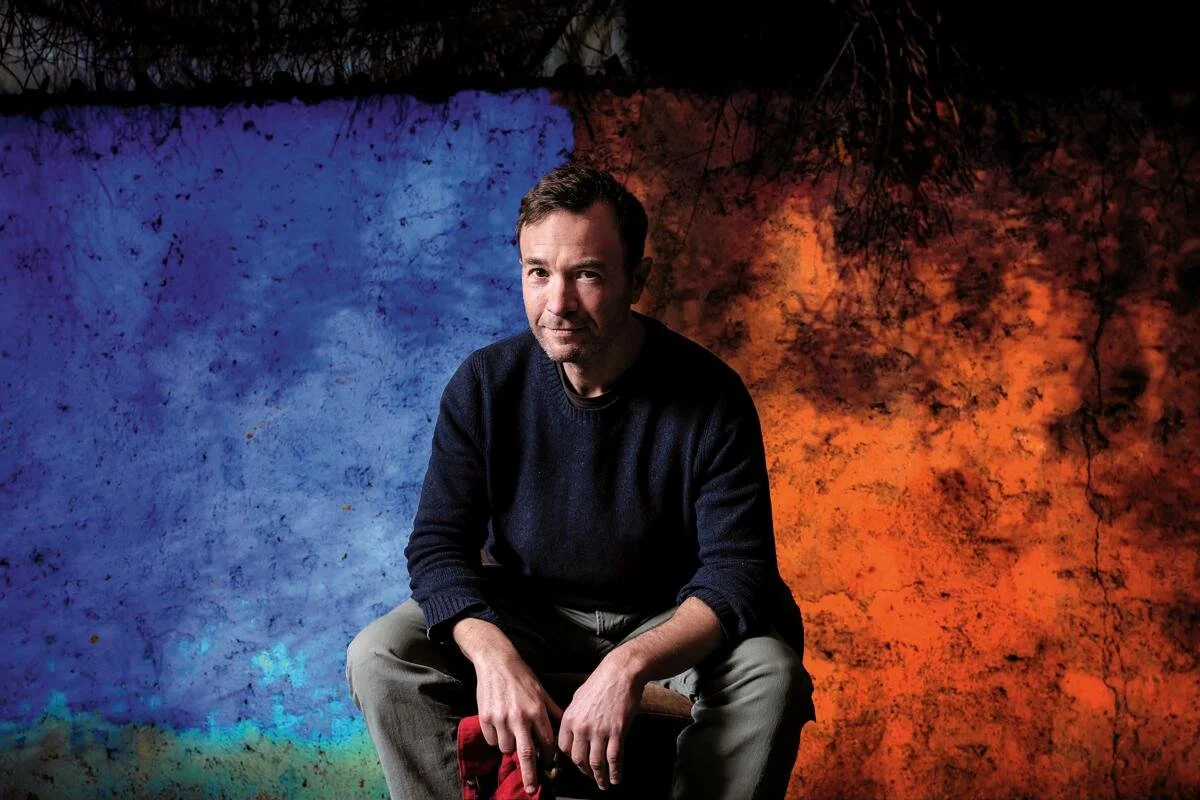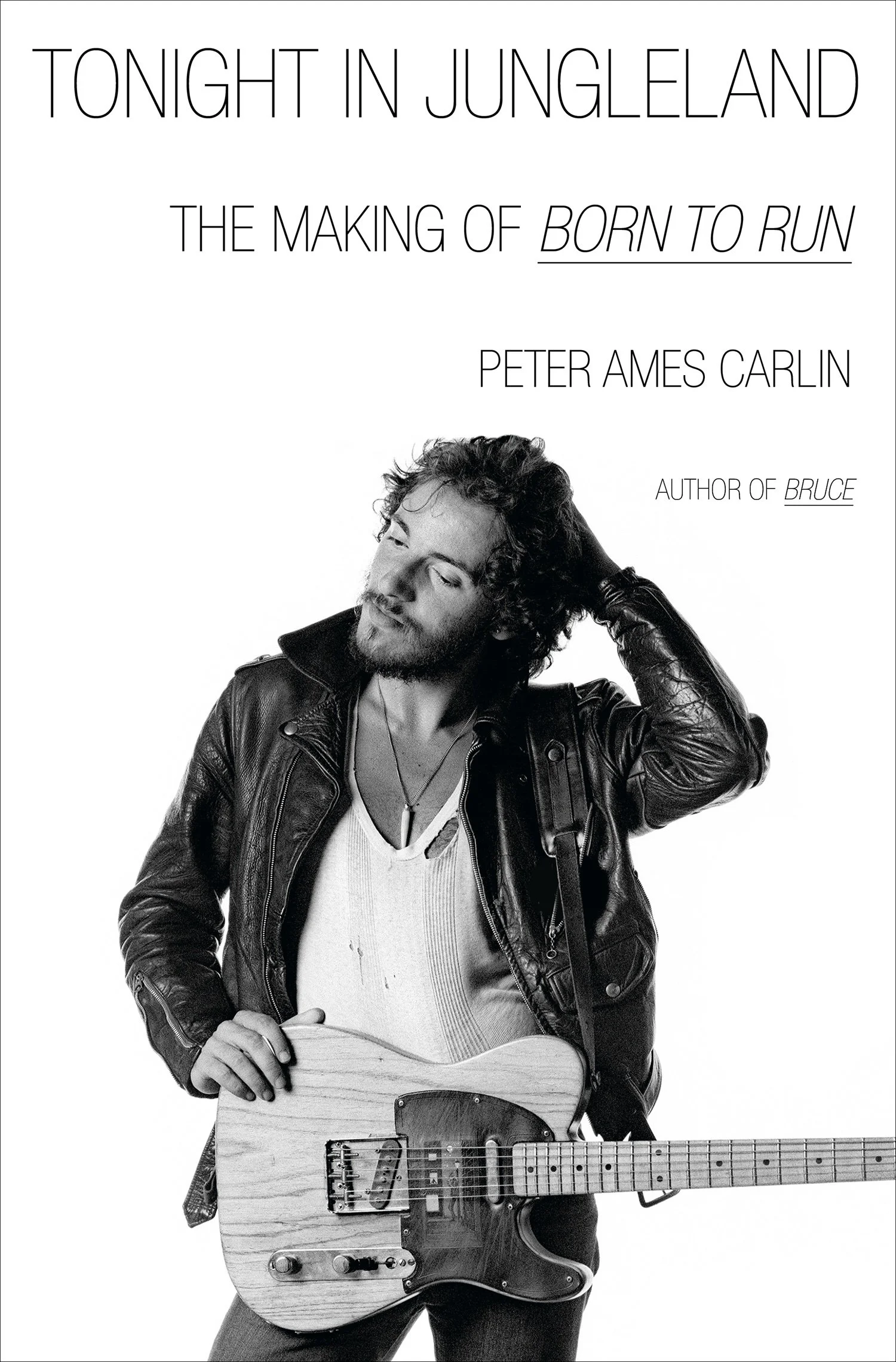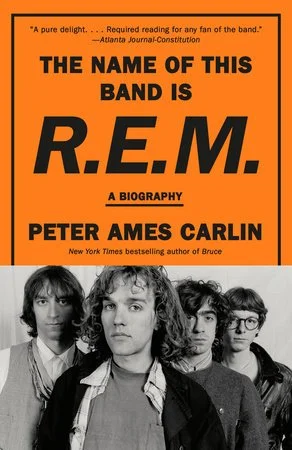Peter Ames Carlin is a writer and the author of seven books, most recently Tonight in Jungleland: The Making of Born to Run (Doubleday, 2025), a New York Times bestseller and New York Times Book Review Editor’s Choice. His other books include The Name of This Band is REM (Doubleday, 2024), Sonic Boom: The Impossible Rise of Warner Bros Records (Holt, 2022), and Homeward Bound: The Life of Paul Simon (St. Martin’s, 2017), as well as biographies of Bruce Springsteen, Paul McCartney and Brian Wilson. His writing appears in publications such as People magazine, The New York Times Magazine, The Los Angeles Times Magazine, and The Oregonian, where he was a television columnist and features writer.
In an interview on The Name of this Band is REM, he was asked about his research into a band’s early life: “When I'm starting a project, I'm just trying to get into somebody's network. … I'm always interested in childhood friends and the people who played in the high school bands, because they begin to introduce you to these characters and show you who they were as kids – you can grasp so much from that. The people they've worked with and who are closest to them at a professional level are trained to not talk about this kind of stuff, because, a) it's arguably nobody's business; and b) if you wanna work with somebody, it's way better not to discuss their private lives.”
A regular speaker on music, writing and popular culture, Carlin lives in Seattle, Washington.









